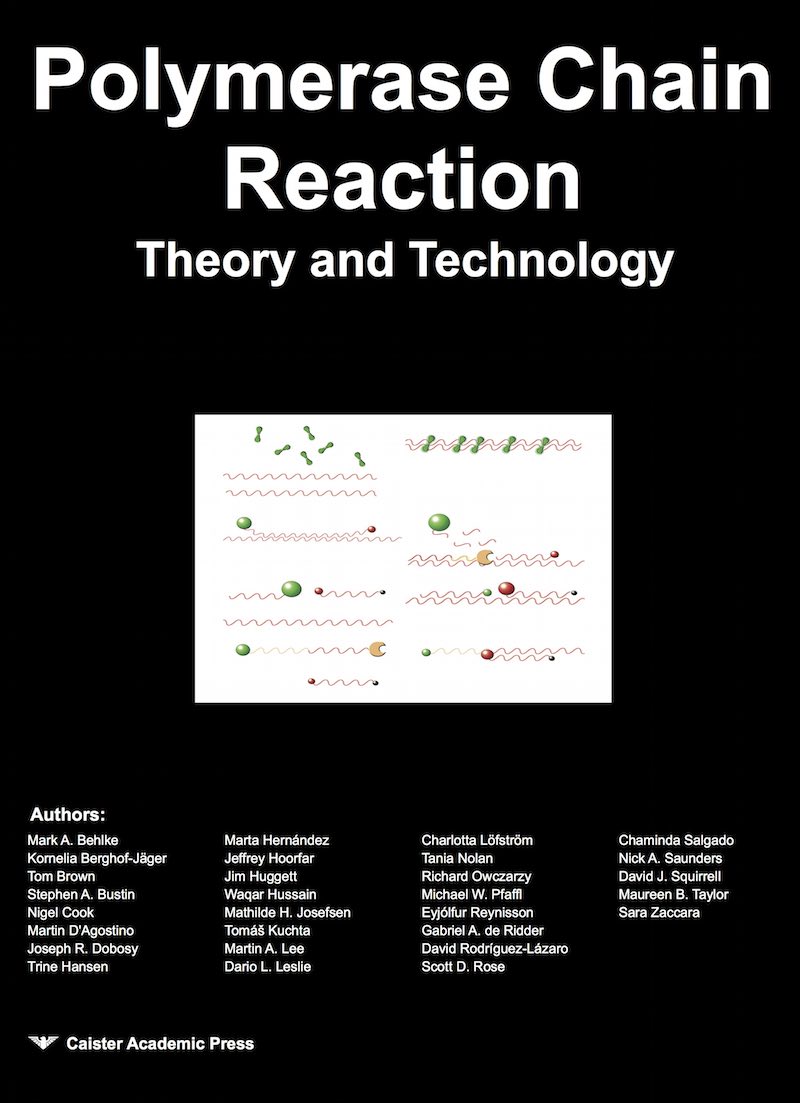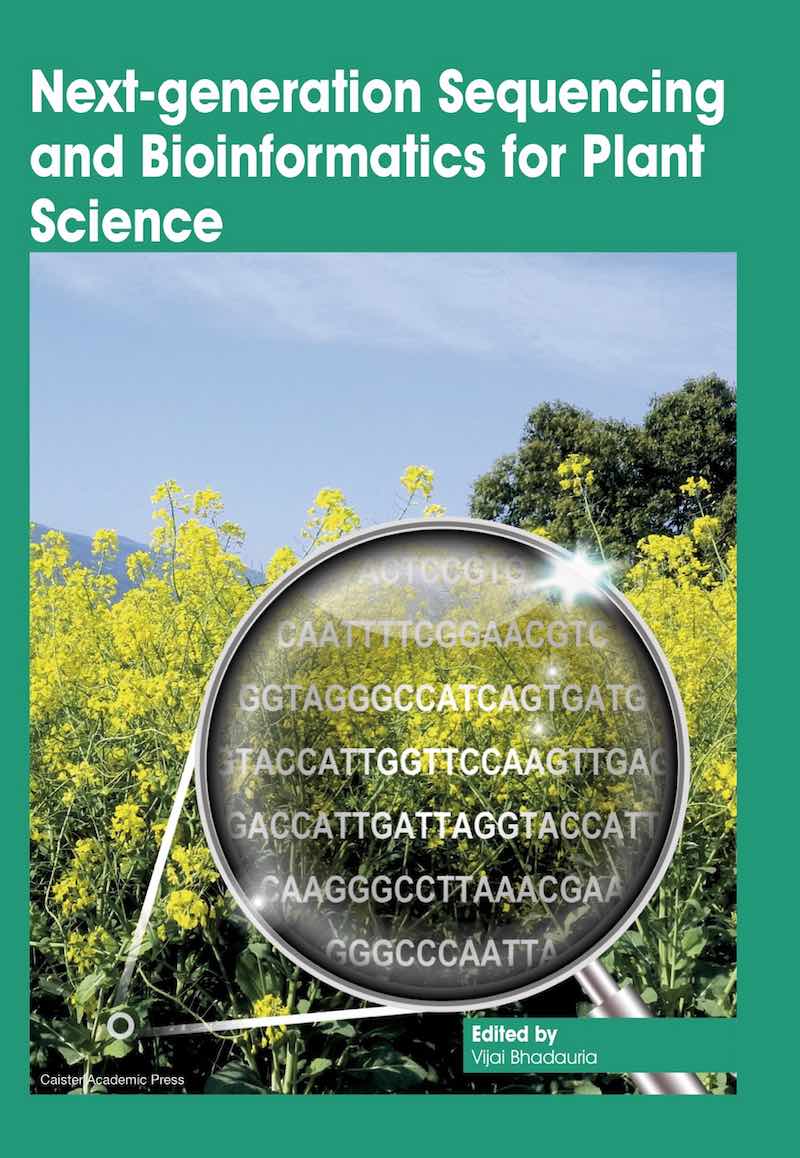Multiplex PCR
Recommended reading:
Climate Change and Microbial Ecology | Polymerase Chain Reaction | SUMOylation and Ubiquitination
Multiplex PCR is a modification of PCR that uses multiple pairs of primers in a single PCR mixture; the primer pairs being specific to different DNA sequences. By targeting multiple genes at once, a single PCR can provide the information that otherwise would require several times the amount of reagents and take longer to perform.
The Multiplex PCR Technique
Whereas standard PCR usually uses one pair of primers to amplify a specific sequence, multiplex PCR allows the simultaneous amplification of more than one target sequence in a single reaction by using a set of primers (Rodríguez-Lázaro and Hernández 2013). This saves considerable time and effort, and decreases the number of reactions that need to be performed to detect the desired targets in the sample. The presence of many PCR primers in a single tube can cause some problems, such as the increased formation of misprimed PCR products, ‘primer dimers' , and the amplification discrimination of longer DNA fragments. For multiplex PCR, primers should be chosen with similar annealing temperatures. The lengths of amplified products should be similar; as large differences in the lengths of the target DNAs may favour the amplification of shorter targets over the longer ones, which results in differential yields of amplified products.Rodríguez-Lázaro, D. and Hernández, M. (2013). Introduction to the Real-time PCR In Real-Time PCR in Food Science: Current Technology and Applications. D. Rodriguez-Lazaro, ed. (Norfolk, UK: Caister Academic Press). ISBN: 978-1-908230-15-7.
Further reading
- Real-Time PCR: Advanced Technologies and Applications
- Real-Time PCR in Food Science: Current Technology and Applications
- Quantitative Real-time PCR in Applied Microbiology
See also: Current PCR books



